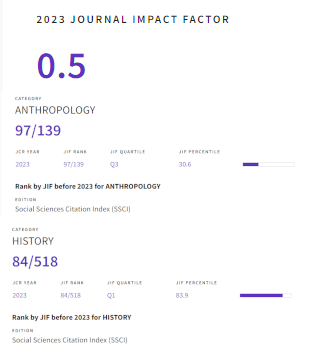Contar a los indígenas en Chile: autoadscripción étnica en la experiencia censal de 1992 y 2002
Keywords:
Censo Nacional, autoadscripción étnica, pertenencia cultural, identificación colectiva, National Census, ethnic self-ascription, cultural belonging, collective identification.Abstract
Se analiza la conformación subjetiva de la autoadscripción étnica de los pueblos indígenas de Chile vista a través de los procesos censales de 1992 y 2002, de la acción institucional que se encuentra tras la definición y operación de registros étnicos, y de la información etnográfica. Se sostiene que en ambos censos, basados en declaraciones de autoadscripción sobre "cultura" y "pueblo", respectivamente, se manifiestan percepciones e identificaciones colectivas heterogéneas y en transformación. Para una interpretación de lo acaecido se acude a la diversa conformación sociohistórica de identificaciones y pertenencias colectivas entre los pueblos indígenas del país; asimismo, son considerados los rápidos cambios ocurridos en materia de conciencia y valoración de la diferencia cultural durante el período intercensal. También es importante el cambio de referencia de "cultura" a "pueblo", siendo la última semánticamente más restrictiva para sostener declaraciones de autoadscripción. Uno de los resultados relevantes del análisis es que se cumple sólo parcialmente el supuesto de una correspondencia entre autoadscripción étnica y base biográfica objetiva. Con ello, se hace evidente la debilidad de los procedimientos oficiales utilizados en Chile para "contar indígenas"
Abstract
This article analysis the subjective ethnic self-ascription of indigenous populations in Chile by considering the census processes of 1992 and 2002, the institutional action behind the definition and operation of ethnic records, and ethnographic information. We argue that in both census processes, which were based on self-ascribed concepts of "culture" and "people", respectively, heterogeneous and ever-transforming perceptions and collective identifications are made evident. An interpretation of this issue is drawn from the highly diverse socio-historic shaping of identifications and senses of collective belonging that characterize the indigenous populations in the country. In addition, we consider the sudden changes on conscience and the valuation of cultural difference between both census processes. Equally important is the referential shift from culture to people since, in terms of self-ascription, the later concept is semantically more restrictive than the former. One of the most relevant implications of this analysis lies in the fact that the premise of a direct relationship between ethnic self-ascription and objective biographic basis is only partially fulfilled. Thus, the weakness of official procedures to "count Indians" in Chile is made evident
Downloads
Downloads
Published
Issue
Section
License

All works published in Revista Estudios Atacameños (ISSN on line:0718-1043) Revista Estudios Atacameños Creative Commons International 4.0 attribution (CC BY 4.0) licence.
Authors remain the owners of their work and may republish their articles elsewhere without having to request permission, as long as they indicate that the work was originally published in Revista Estudios Atacameños (ISSN on liine:0718-1043).












